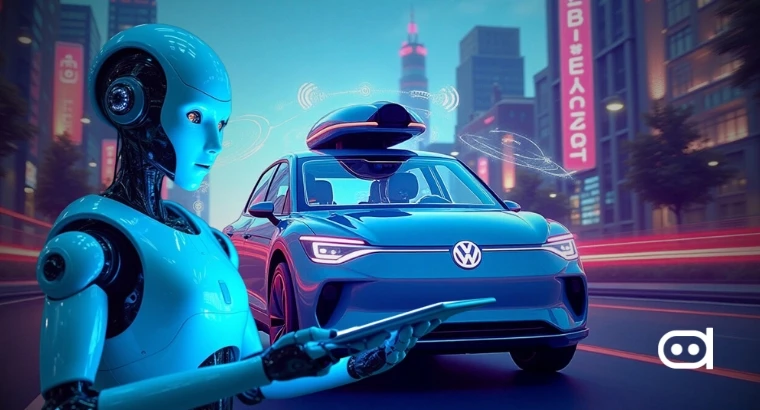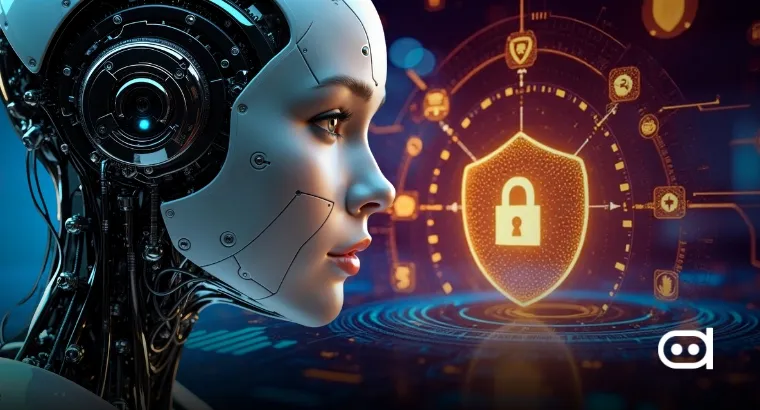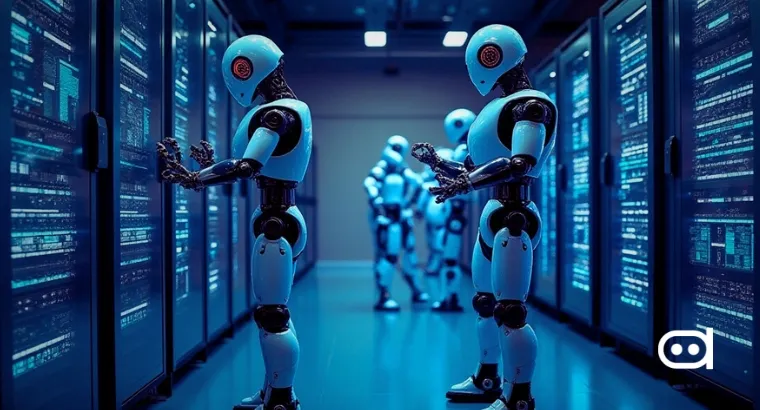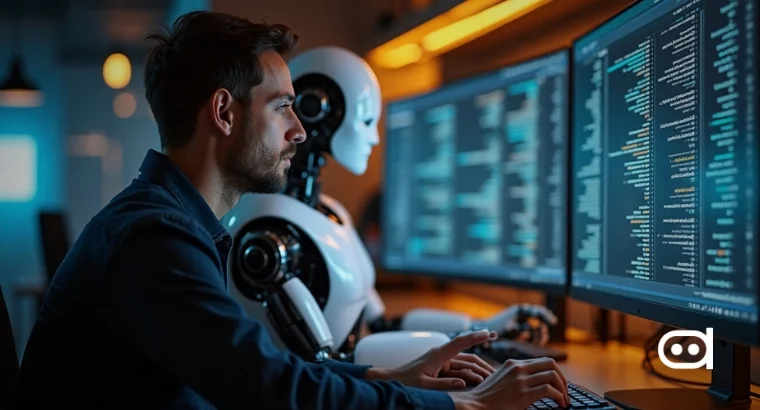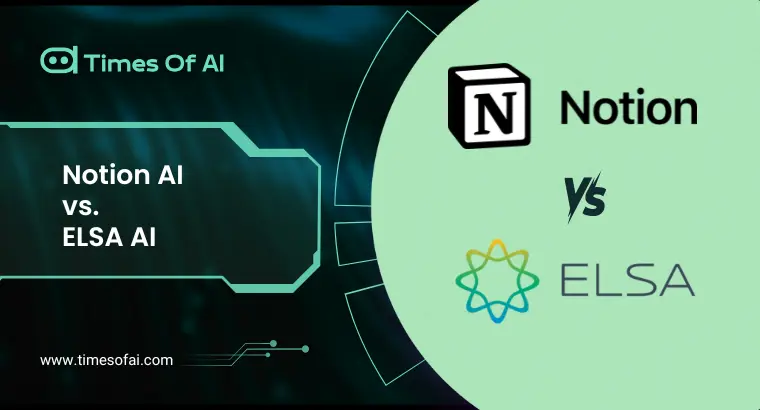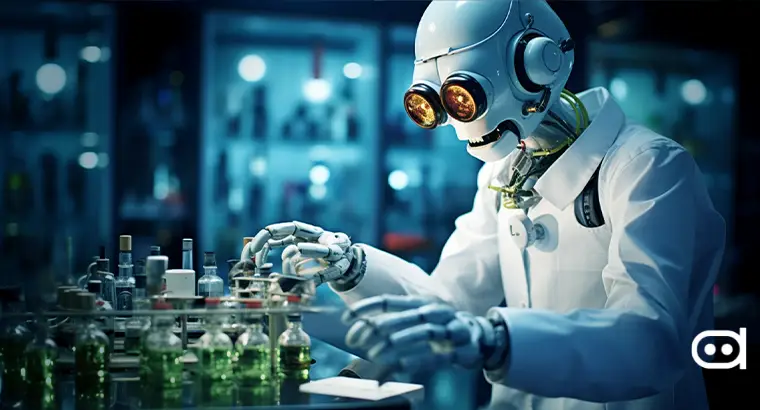
Science laboratories are working on a major transformation as artificial intelligence and robotic automation result in more precise and faster experiments across various disciplines, including materials science, biochemistry, and chemistry. These integrations are expected to unlock breakthroughs across electronics, energy, health, and other fields based on a paper published by researchers at UNC Chapel Hill.
Dr. Ron Alterovitz, the senior author of the paper “Transforming Science Labs into Automated Factories of Discovery,” published in Science Robotics, discusses the development of new chemical systems, molecules, and materials that require intensive human efforts.
This requires scientists to design new experiments, analyze results, and synthesize materials until the desired attributes are achieved. However, the trial-and-error method can be labor-intensive and time-consuming, slowing the rate of discovery.
With automation and robotic systems, these experiments can be performed consistently without human fatigue, and the research speed can be accelerated. Robots can execute accurate experimental steps that perform more effectively than humans and eliminate safety risks when handling hazardous substances.
With automated routine tasks, scientists are more likely to focus on questions that require extensive research, which ultimately will lead to faster breakthroughs.
Dr James Cahoon, chair of the Department of Chemistry and co-author, also mentions that the introduction of robotics will turn everyday science laboratories into automated machines that will accelerate discovery. However, this will require creative solutions for robots and researchers to work together within the same environment.
With continuous development, automation and robotics can be expected to improve the reproducibility, precision, and speed of experiments across various disciplines and instruments and generate enough information that AI systems can use to analyze for further experimentation.
Laboratory automation is defined at five levels by the researchers to show how automation will evolve within science labs –
- A1 – Assistive Automation, where individual tasks like liquid handling will be automated while human scientists handle most of the lab work.
- A2 – Partial Automation, where robots perform different sequential steps, and humans are responsible for supervision and set-up.
- A3 – Conditional Automation, where robots manage the experimental processes but with human intervention when certain events arise.
- A4 – High Automation, where robots will execute experiments autonomously and independently and set up the equipment while reacting to unexpected conditions.
- A5 – Full Automation is the final stage where AI systems and robots function with full autonomy in safety management and self-maintenance matters.
However, transitioning to an automated lab also presents many logistical and technical challenges. These laboratories differ in terms of their setup, from multi-room facilities to single-process labs. Hence, developing a flexible automation system that functions across various environments will need mobile robots capable of performing tasks and transforming items across various stations.
Source:
Latest Stories:
Hong Kong Embraces Blockchain and AI for Fintech Growth
AI Adoption Urged for Lawyers at Queensland Government Conference
India’s AI Healthcare Market Set to Reach $1.6 Billion by 2025

